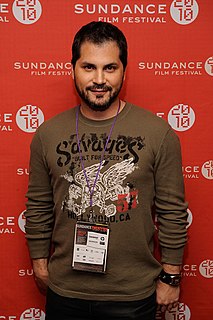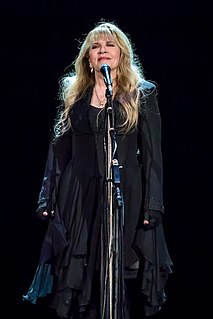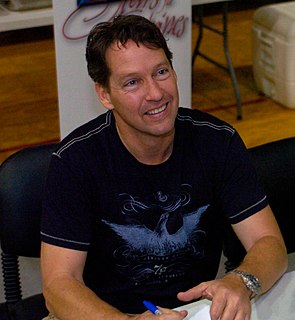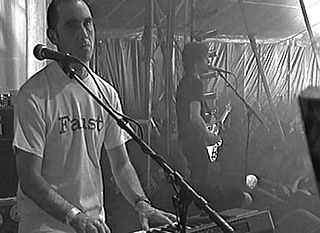A Quote by Tavis Smiley
I learned early on that it's heartbreaking to - there's the editor that comes in, and then they have to craft the movie together, and sometimes you give a whole performance that's just been cut up, and maybe it's better for it, absolutely, but you still have to deal with the loss of that.
Related Quotes
You're learning the whole time. Halfway through a movie, you've got a lot of ideas, a lot of things that maybe you've learned and that you then wish you could apply, but you can't. You just have to finish the movie in that world that you're in. Maybe what you've learned you can apply somewhere else.
I always thought the editor should cut the film and so I'll come in and look at the movie. Just because that's the only way I can really see the ideas of the editor, it's really working together. Yes it's a hierarchy, yes I'm the boss, but I like to see and to think about the idea, and it's about us asking, 'do we have to say that?' and, 'how do we make it there?' So it's advising the editor, it's very give and take, it's very free, but in the end, it's wonderful once you get through the first couple of cuts.
It was never my dream to be famous. I didn't start acting to be a movie star. I started in the theater and my desire was to get better at my craft. It's still my desire. I don't consider myself a movie star, nor do I really have the desire to be one. I'm just an entertainer. An actor who works hard at his craft. Whatever labels people give me, that's not really me or part of my process.
I'm very pragmatic in that I know there are very few greats in anything. I got lucky just to have gotten two of the real great filmmakers very early on. Better to have had them than to not have had them. I've been really fortunate. That's the key relationship on a movie: the director and the actor. Of course, you can't compare the experiences. When you're in your early 20s, you're a very different person. It was a very exciting time, and my whole world was changing. Now I'm looking back, and hoping I can still offer something. Still do good work.
Maybe we were together in another life...in a parallel universe, maybe our paths are not supposed to cross twice, maybe your arms are not supposed to go around me. I hear about you now & then, I wonder where you are & how you feel. Sometimes I walk by & I look up to your balcony, just to make sure you were real-just to make sure that I can still feel you...it appears to me that Destiny Rules.
You can give the greatest performance possible, but if you don't have a director who's pointing the camera in the right direction and an editor who's editing it properly, it doesn't matter what you do. The director and the editor are the most important people. Not the actors. Sometimes the writer is important. But if you don't have a good director, you can't have a good production.
That is an editor. He is trying to think of a word. He props his feet on a chair, which is the editor's way; then he can think better. I do not care much for this one; his ears are not alike; still, editor suggests the sound of Edward, and he will do. I could make him better if I had a model, but I made this one from memory. But is no particular matter; they all look alike, anyway. They are conceited and troublesome, and don't pay enough.
I learned a great lesson early on, even before I was really an actor, from that movie 'Planes, Trains & Automobiles' that John Hughes made: that you could make a movie that's really, really, really, really funny, and sometimes you can still achieve... making the audience feel very deep emotions as well.
It is important to have a woman editor. Movie is an industry where it is predominantly women. Male editors might cut out pauses that are interesting, while a woman might not be afraid of that pause. Trying to do a movie with an editor who is not funny is impossible. There are certain talents that go with certain genders.


































